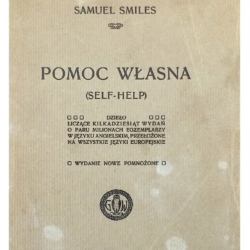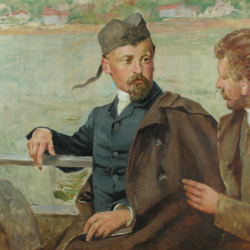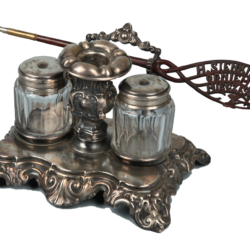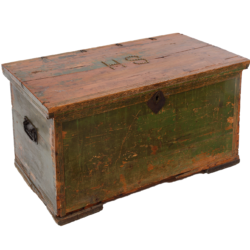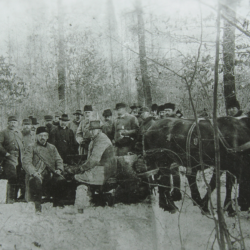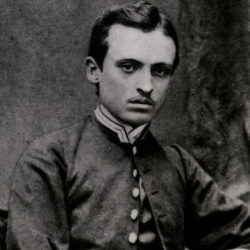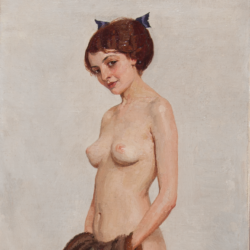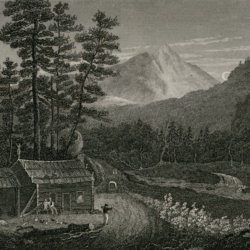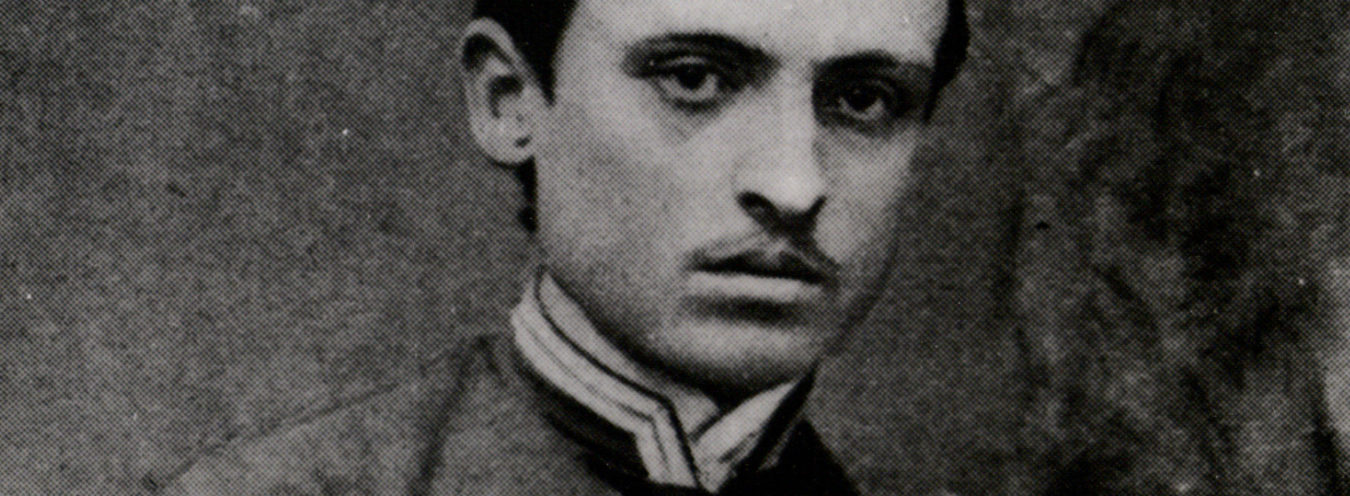
“American therapy”
Oh! I find it difficult to say how young, gifted and full of internal powers this nation is. And how glad I would be to send here for health a certain familiar society, where the public good is just a worthless coin… with no direction, where everything decreased, vivacity and work are just a platitude; men suffer from nerves and anemia, but they overuse their tongues, weave and deliver gossip that was freshly baked in the furnace of hideous opinion to their ladies. (pp. 217–218)
The therapy of self-reliance, which was administered to the Warsaw journalist, is believed to be an excellent therapy for the entire society. It could be described as a paradoxically reversed “Grand Tour”: the trip not in search of the roots and culture, but the trip in search of health, simplicity and physical strength. This last concept seems especially important to Sienkiewicz, and is clearly visible both in his writing and in his personal fascinations and obsessions connected with the issues of health and fitness[1]. The relatively low height of the future author of Trylogia [Trilogy] and his fine-featured face were supposed to be the reasons why he was contemptuously rejected when he wanted to become a member of the troops formed in the 1863 January Uprising[2]. According to researchers, this unpleasant youthful experience and the resulting complexes were later artistically compensated, hence the superhuman strength of the protagonists, the truly prodigious fencing abilities (Michał Wołodyjowski), or the many figures of brave young men with “angelic faces”, who are often nicknamed as “ladies” by their comrades (for instance, Selim in Hania and in Selim Mirza, Bohun or Ketling in Trylogia [Trilogy], Zbyszko of Bogdaniec in Krzyżacy [Teutonic Knights], Jacek Taczewski in Na polu chwały [The Field of Glory], and Marek Kwiatkowski in Legiony [Legions][3].
Litwos, who had survived America, frequently liked to mention the birth of his passion for travelling:
But my passion for travelling, my Wandering Jew, developed so strongly that I may come back only in order to leave again (after some time), e.g. to Borneo or Africa.(p. 343)
Przypisy
- See the last part of the book by Ryszard Koziołek Ciała Sienkiewicza [The Bodies of Sienkiewicz], especially the analysis in the chapter Słabnąca ręka [The Weakening Hand] (R. Koziołek, op.cit., p. ……).
- Maria Korniłowiczówna states openly, “Sienkiewicz did not get rid of the complexes connected with his petite physique and the lack of physical strength till the end of his life.” (M. Korniłowiczówna, Onegdaj. Opowieść o Henryku Sienkiewiczu i ludziach mu bliskich [Once. The Story about Henryk Sienkiewicz and His Loved Ones], Szczecin 1985, p. 26).
- R. Koziołek, op.cit, pp. 402–405.

